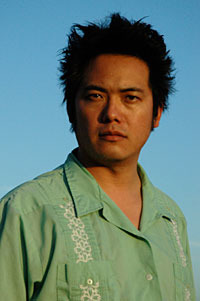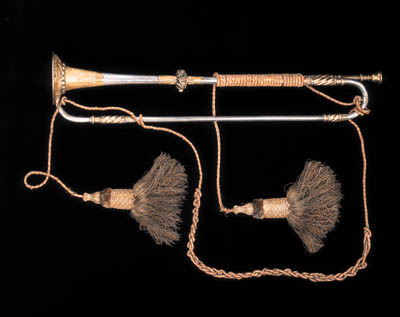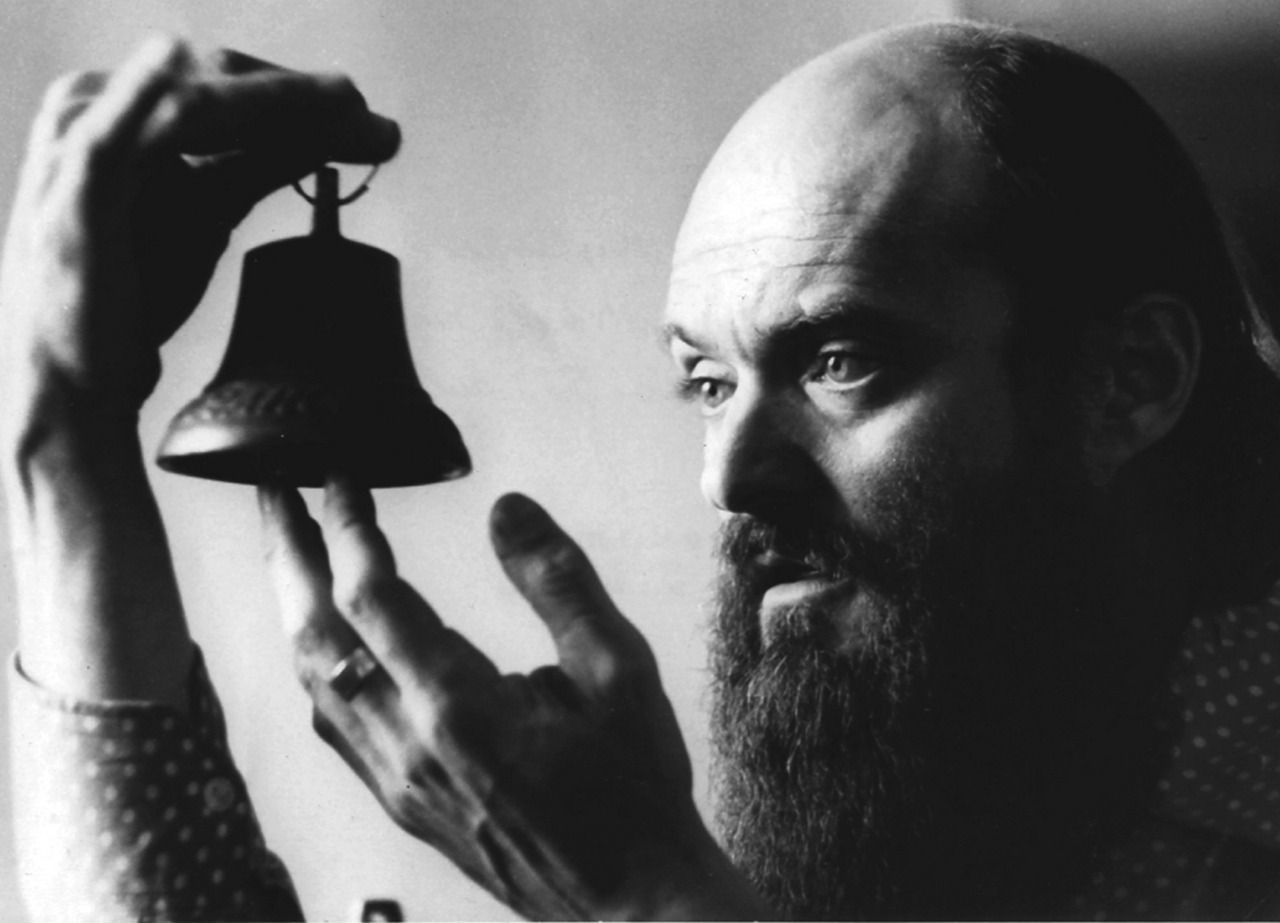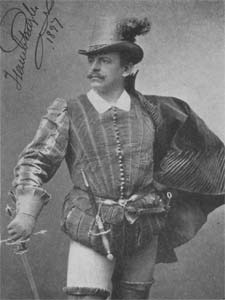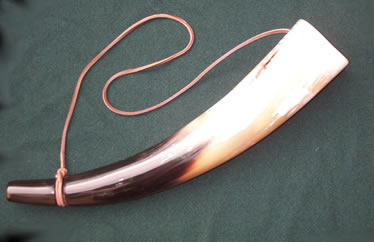The Modern Academy, an innovative and intensive short course in music performance and composition, kicked off June 10th in Hong Kong, drawing a talented cohort of local and international students and young professionals.
Articles
The next of the brass winds is the trumpet, which developed much on the same lines as the horn: first a simple structure, then with the addition of valves, an instrument more suited for ensemble work was created. The process
When the St. Louis Symphony Orchestra got ready for a performance of the Brahms Requiem recently, two members of the audience began singing the old civil rights tune, “Which Side are You on?” Other protestors seated on the main floor
Spanish pianist Alica de Larrocha was a favorite artist at our home when I was growing up and not just because of her diminutive stature. (She was less than five feet tall—like me!) Later in my life I was privileged
Spiegel im Spiegel has to be the best-known of all the music by Estonian composer Arvo Pärt. Composed in 1978, just before Pärt left Estonia for Berlin, it was originally written for single piano and violin, though many other versions
Scottish physician Arthur Conan Doyle (1859-1930) took up writing while still a medical student at the University of Edinburgh. His first stories were mysteries, but he also wrote about the difficulties of life as a fledgling doctor and many historical
In the back of the orchestra are the brass-winds: the wild brass instruments that have been tamed and brought into the orchestra, but who remain with the potential to put a wild call out over the rest of the ensemble.
The American journalist and author Elliot Paul (1891-1958) was born in Massachusetts, served in France in WWI, and returned home to become a journalist and author. He returned to Paris in 1925 to become a writer and part of the

